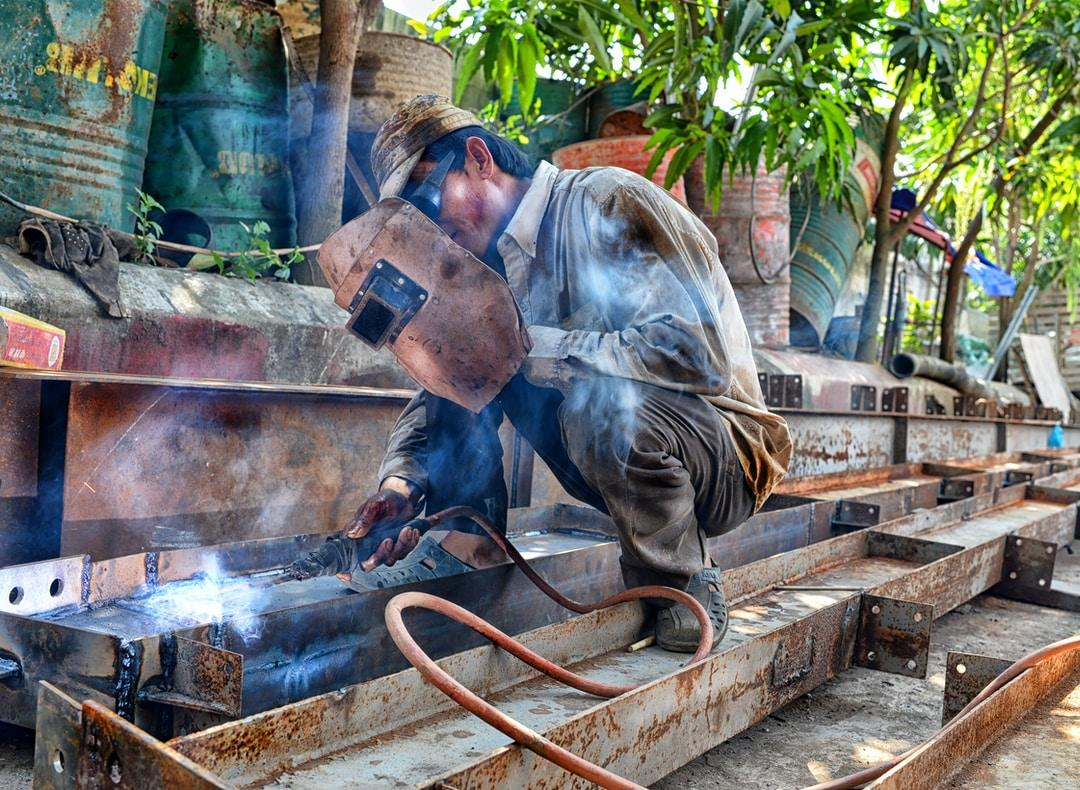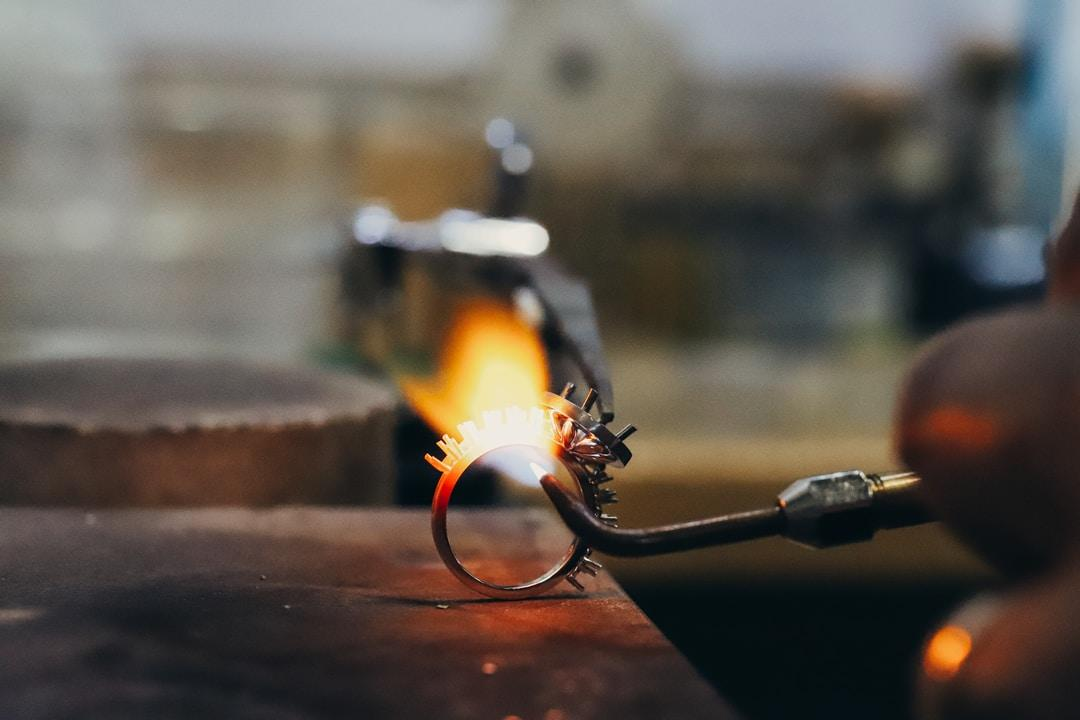Metal is a durable substance used in everyday items, such as vehicles, buildings, bowls, and jewelry. Non-ferrous metals such as titanium, copper, nickel, tin, and aluminum, and precious metals like silver, gold, and tungsten are iron-free. Cast iron, wrought iron, and steel are ferrous metals containing iron.
Welders use heat to fabricate items from metal or repair metal objects. The U.S. Bureau of Labor Statistics (BLS) reports that welders, cutters, solderers, and brazers earned a median annual income of $44,190 per 2020. This career appeals to detail-oriented individuals who enjoy working with their hands. Read on to learn about the education requirements you’ll need to pursue a career as a welder.
Welders can complete a college program.
Welders need a high school diploma and on-the-job training, but aspiring welders must complete formal training to earn professional certification. Certification can increase job prospects because some companies may only consider applicants with these credentials.
Community colleges and technical institutions offer certificate programs for welders. Some programs can be completed in less than a year, while others last four semesters. Introductory courses cover shielded metallic arc welding, oxy-fuel welding, oxy-fuel cutting, basic procedures, and safety protocols. Other program courses cover gas metal arc welding, codes and specifications, print reading and shop math for fabricators, and pipe welding. Some programs may also cover working with exotic metals, and aspiring welders may also opt to earn an associate degree before entering the workforce.
You can work with a college application counselor to find the best certificate program for your career goals. Seeking college application help ensures you take appropriate steps to prepare a compelling college application. College admissions review boards consider multiple factors, such as your official transcripts, resume, college application essay, and extracurricular activities. Application counselors can provide feedback on your college essay and help you secure an internship, enabling you to gain hands-on experience in your career field while you’re still in high school. Your counselor can also identify suitable high school courses that will prepare you for college studies.
Aspiring welders can complete an apprenticeship.
You may opt to pursue an apprenticeship to prepare for your career instead of going to college. Qualifying for an apprenticeship varies based on the employer’s requirements. Individuals who prepare for their career with an apprenticeship typically need up to three years of practical experience to qualify as a welder. Since there are dozens of welding methods, apprentices choose a specialty and master the skills required for that specialty.
Welders may work for manufacturing companies or start a business. Those interested in establishing a company will benefit from familiarizing themselves with the equipment needed for work tasks, such as metal inert gas (MIG) welders, also known as gas metal arc welding (GMAW). When you’re setting up your shop, look for a Miller MIG welder for sale from a reputable retailer. You can create an account and a wish list, enabling you to expand your resources when equipment’s on sale.
What other careers could aspiring welders consider?
Assemblers and fabricators construct products and product parts. It’s possible to become an assembler or fabricator with a high school diploma, although some employers may require applicants to have some formal postsecondary training.
Jewelers and precious stone and metal workers create jewelry. Their tasks include designing and manufacturing jewelry, appraising jewelry, and repairing damaged jewelry. These professionals must earn a high school diploma or complete a college program.
Industrial machinery mechanics, machinery maintenance workers, and millwrights work with industrial machinery. They install these machines, provide ongoing maintenance, and repair machines when they malfunction. It’s possible to prepare for these careers with a high school diploma and apprenticeship or a college program.
Aspiring welders can prepare for their careers by earning certificates or associate degrees. Welders can also acquire the skills needed for their careers through an apprenticeship.



